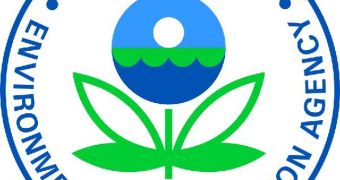According to a growing consent among academics in the United States, the country is ill-equipped to handle the emerging challenges of the 21st century, in terms of protecting both the environment and the safety and health off its citizens. That is to say, the existing agencies, far from being incapable, simply find it beyond their capabilities to handle risk assessment, standard setting and oversight challenges brought forward by nanotechnology, and other scientific advancements that are to come.
In a landmark work entitled Oversight of Next Generation Nanotechnology, Former EPA official J. Clarence (Terry) Davies argues that a new Department of Environmental and Consumer Protection could be set up in the US, in order to deal with regulating new products that incorporate modern technology, with analyzing and monitoring the effects of high-tech pollution on the environment, and with assessing the potential impact of new technologies on the general public.
“Federal regulatory agencies already suffer from under-funding and bureaucratic ossification, but they will require more than just increased budgets and minor rule changes to deal adequately with the potential adverse effects of new technologies. New thinking, new laws and new organizational forms are necessary. Many of these changes will take a decade or more to accomplish, but there is an urgent need, given the rapid pace of technological change to start thinking about them now,” Davies shares.
“The idea for a new environmental and consumer protection agency may seem far-fetched to some, but before the creation of EPA in 1970 the idea of an organization dedicated to regulating pollutants harmful to human health and the environment also seemed far-fetched. Today, agencies like EPA and the Consumer Product Safety Commission lack the resources and tools needed to address the challenges posed by products enabled by advancing nanotechnology and synthetic biology,” the Director of the Project on Emerging Nanotechnologies, David Rejeski, supports the idea.
“Almost forty years ago, EPA greatly changed governance and regulation of the damage humans do to the environment. But now, nearly a decade into the new century, the U.S. needs to take a bold step forward and address pollution and exposure in a more holistic and proactive manner. A new agency with a new vision and mission is needed to ensure technological innovation with minimal environmental impact,” Rejeski concludes.

 14 DAY TRIAL //
14 DAY TRIAL //